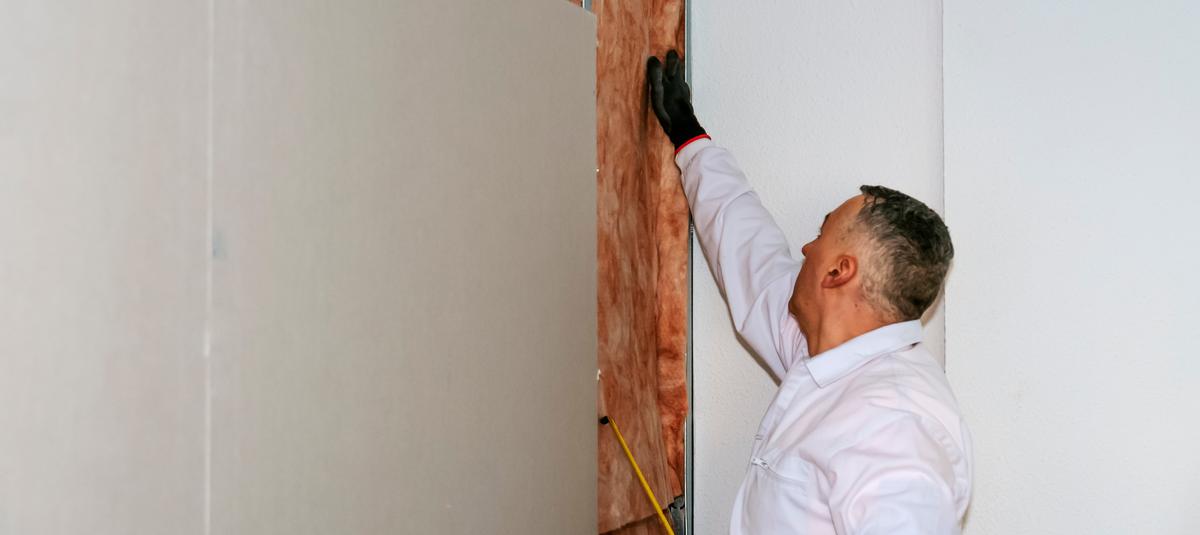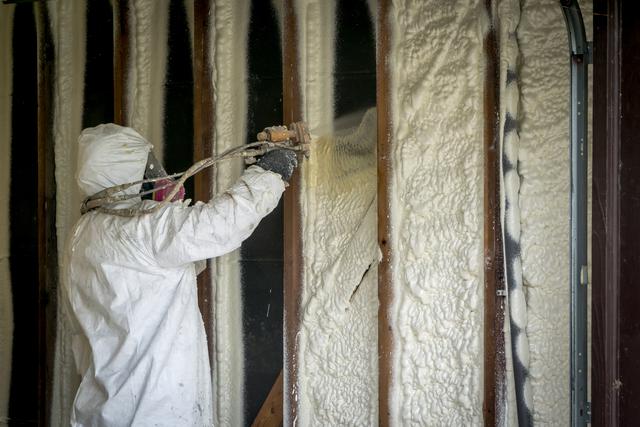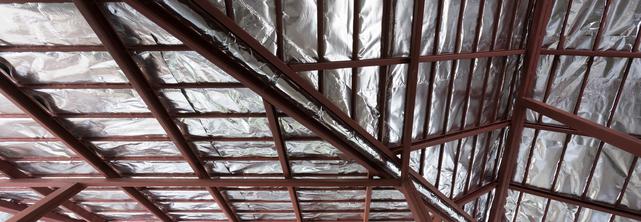If you're a homeowner who's looking to reduce noise transmission in your house, installing soundproofing insulation can be a great solution. Soundproofing insulation works by absorbing sound waves and reducing the amount of noise that can pass through walls, floors, and ceilings. In this article, we'll discuss the essential materials needed for installing soundproofing insulation in your home.
Insulation Materials
The first and most important material you'll need is the insulation itself. There are many types of insulation materials available, including fiberglass, rock wool, and cellulose. Fiberglass insulation is the most commonly used type and is relatively easy to install. Rock wool insulation is denser and provides better soundproofing, but it can be more difficult to install. Cellulose insulation is made from recycled paper and is a good option for those looking for an eco-friendly choice.
Soundproofing Membrane
A soundproofing membrane is a thin layer of material that's placed on top of the insulation. This helps to further absorb sound waves and prevent them from passing through the walls or ceiling. There are different types of soundproofing membranes available, including mass-loaded vinyl and rubberized materials.
Sealant
To ensure that your soundproofing insulation is effective, you'll need to seal any gaps or cracks in your walls, floors, or ceiling. A sealant, such as acoustic caulking or acoustic sealant tape, can be used to fill in any gaps and prevent noise from leaking through.
Acoustic Panels
Acoustic panels can also be used to further enhance the soundproofing in your home. These panels are made from materials that absorb sound waves, such as foam or fiberglass, and can be placed on walls or ceilings to help reduce noise transmission.
Tools
Lastly, you'll need a few basic tools to install your soundproofing insulation. These include a utility knife, measuring tape, a staple gun, and a ladder. You may also need a drill or saw if you need to cut your insulation to fit around electrical outlets or other obstacles.
In conclusion, installing soundproofing insulation in your home can be a great way to reduce noise transmission and create a more peaceful environment. By using the right materials and tools, you can effectively soundproof your walls, floors, and ceilings. If you're not comfortable installing the insulation yourself, it's always best to consult a professional who can ensure that the job is done correctly.






comments